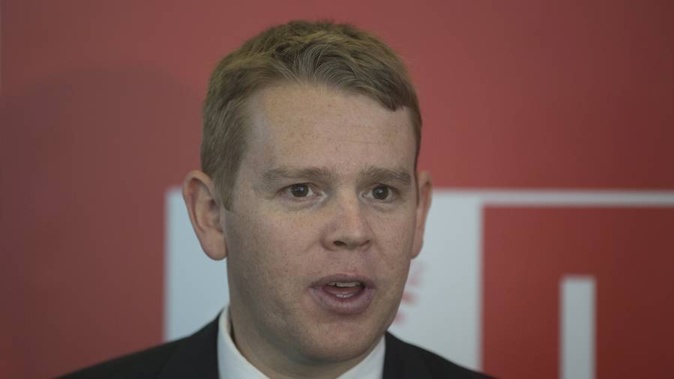
Labour has admitted that its planned crackdown on student visas will chop $130 million a year off the country's education export income.
Labour education spokesman Chris Hipkins disclosed the figure at an international education conference in Auckland today, revealing that the party had done an "economic impact analysis" of its proposals.
National's Tertiary Education Minister Paul Goldsmith said his analysis put the cost of Labour's proposals at "closer to $1 billion".
Independent Tertiary Education NZ chair Christine Clark said she agreed with Goldsmith, pointing to a recent Infometrics study estimating that overseas students contributed $1.1 billion to the NZ economy in 2015-16 in private training establishments (PTEs), $511 million in polytechnics and $552 million in English language schools.
"I believe he could quite easily wipe 50 per cent of the PTE benefit to the country with Labour's policy," she said.
Labour announced in June that it would cut net immigration by between 15,000 and 22,000 a year through two changes for overseas students:
• Removing automatic work rights for all student visas for courses below bachelor's degrees unless work rights are approved as part of specific courses - expected to cut immigration by 6000 to 10,000 a year.
• Removing the current two-year work visa issued to students who complete NZ courses, again except for graduates with bachelor's degrees or higher - expected to cut immigration by 9000 to 12,000 a year.
Cutting 15,000 students, at the low end of those estimates, off the 85,350 students in the mainly sub-degree PTE, polytechnic and English language sectors would be a cut of 17.57 per cent, or $380 million a year based on the Infometrics data.
Cutting 22,000 students off those sectors would be a cut of 25.78 per cent, or $558 million a year.
Hipkins said the price was worth paying.
"Yes, there was an economic analysis done on our immigration policy," he said.
"The various visa changes were costed. I think it was in the vicinity of $130 million was the economic impact analysis of that.
"Our view is that, given the other pressures that the NZ economy is feeling from high immigration, that is a cost that we were willing to bear."
Goldsmith hit back saying: "We think it's closer to $1 billion if you are knocking out a quarter of the industry."
Clare Bradley, chief executive of the Aspire 2 International group, said changes to student visas threatened a $100 million investment that Aspire's owners put into building up the group.
"We provide programmes to students from 26 countries in Auckland, Tauranga, Wellington and Christchurch. We employ 350 to 400 staff and we deliver a range of studies to 3500 to 4000 students," she said.
"What I want you to do is tell me: do you want a private provider segment in this sector, because right now we are not feeling loved?"
Hipkins replied that he was "very open to a discussion around implementation timeframes" so that the changes would not affect students already in New Zealand.
"Our goal is primarily to exit low-quality provision and ensure that the reputation of New Zealand as a destination for international education is preserved and protected," he said.
Goldsmith said National had also tightened enforcement of the rules ensuring quality courses, pointing to a number of institutions that have been deregistered by the NZ Qualifications Authority.
"But I am very concerned with the proposals by my colleague here [Hipkins] which specify targets," he said.
"The specific target of the policy is a reduction of 15,000 to 22,000 international students. That will have a very, very substantial effect on the industry."
Take your Radio, Podcasts and Music with you









